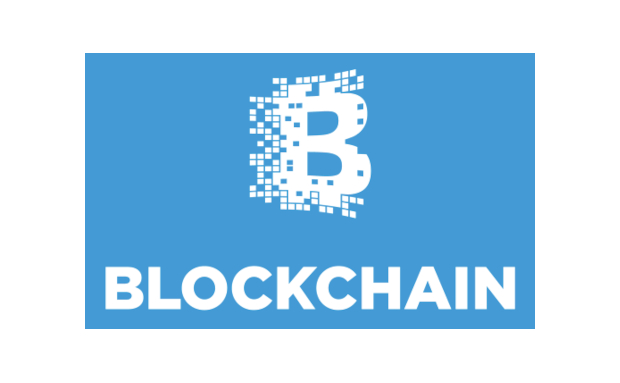A blockchain can be seen as a distributed database whose information is stored across every node running the network. Because the database is distributed among those running the network, it guarantees data stored within it is accurate and securely stored, writes Francisco Rodrigues at CoinTelegraph.
As the name implies, blockchains store their data into blocks that are added to the network as time goes by. Each subsequent block builds on the information stored in previous blocks, which means blockchains form a data timeline that can be securely trusted.
When it comes to cryptocurrencies, Rodrigues argues, the blockchain ensures trust and solves what’s known as the Byzantine generals’ problem, which describes the difficulties dispersed parties have in reaching consensus. Since Bitcoin uses blockchain technology, one can accurately verify that funds aren’t spent twice, that its supply is limited, and the history of transactions on the network.
The technology goes beyond these use cases, however, with a number of companies and organisations having already adopted blockchain without cryptocurrencies.
Blockchain technology is usually associated with cryptocurrencies, with the Bitcoin Network being its number one use case. At its core, however, a blockchain is a distributed ledger shared among a network of nodes, meaning its use cases go well beyond cryptocurrencies.




Recent Comments